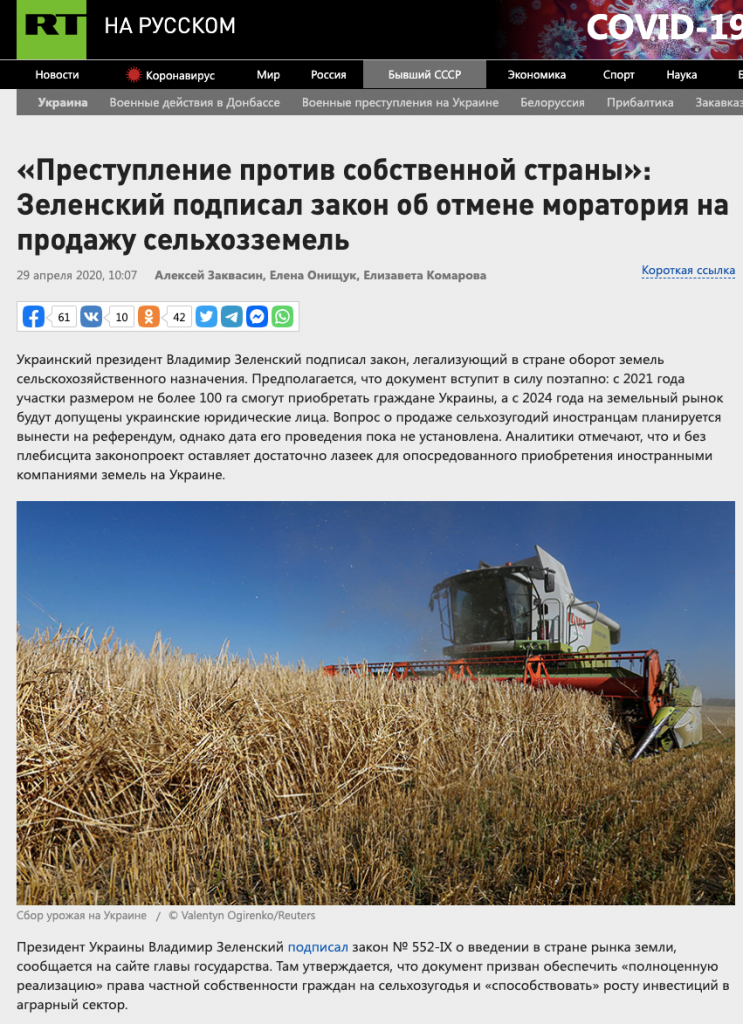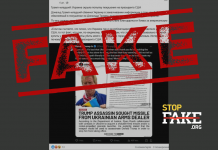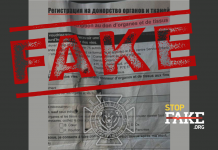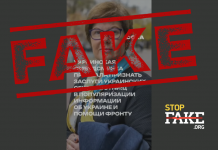At the end of April President Volodymyr Zelensky signed a land reform law which allows Ukrainian citizens to purchase up to 100 hectares of farmland effective July 1, 2021. Ukrainian land reform has been a topic of Russian disinformation for years. Here are the latest Russian reactions to Ukraine’s new law.

One of the main Kremlin propagandist narratives about land reform has been the claim that foreigners will buy up all of Ukraine’s farmland. In this vein RT did not miss a chance to conclude that “the law leaves enough loopholes for the indirect acquisition of land in Ukraine by foreign companies”. Citing anonymous sources RT claims that the law provides every opportunity for foreigners to buy Ukrainian land and is unable to protect the interests of Ukrainian farming and concludes that law is “a crime against their own country, which was committed to gain the favor of the IMF”.
TASS takes a rather different approach in its propagandist spin of the new Ukrainian land law by announcing that although the law was enacted, Ukraine nevertheless failed to gain the approval of its western partners who had promised financial aid. The World Bank demanded that the law be reviewed, the amount of land allowed for privatization increased, and legal entities be granted access to the purchase of land TASS claims. In fact there were no demands from the World Bank to change the new law, the Bank simply pointed out that additional laws are needed to fully protect the interests of Ukrainians and ensure the transparent sale of land.

Russian media also used the topic of land reform in the narratives aimed at the occupied eastern Ukrainian territories. TASS quoted the so-called head of the self-proclaimed Donetsk People’s Republic Denis Pushilin who declared that from now on “the words of the Ukrainian President about the desire to return the Donbas to Ukrainian control can be seen as an attempt to regain the fertile lands of this region. They don’t need people, they need our territory”, Pushilin said.
The news site Politnavigator posits that the Ukrainian land market is conceived in such a way that Ukrainians themselves will hand over their land to transnational companies for nothing. The publication cites economist Anatoly Peshko who claims that the “ultimate beneficiary of Ukrainian land will be foreign banks and through them, multinational companies and their owners, members of the world’s financial elite”.

Another Russian newspaper Vzglyad cites Ukraine’s pro-Russian MP Yuriy Boyko who declared that the law is a sentence for Ukraine and its future. “For a couple of IMF billions Kyiv put Ukraine’s national riches, national perspectives and national sovereignty under the hammer.”

Izvestia continues in the same vein and claims that both experts and regular Ukrainians are unhappy with the law and believe it will lead to a complete buyout of farmland by foreigners; the law will destroy Ukrainian farming, drive Ukraine’s villages into decline and overall will contribute to economic degradation and social tension.”
Russian fakes about land reform in Ukraine are accompanied by disinformation narratives about the International Monetary Fund, such as the one pedaled by Baltnews, a Russian language outlet that despite its name, does not represent Baltic interests but rather Moscow’s. “The IMF has exchanged loans for Ukrainian land” Baltnews concludes.
In fact land reform is aimed at increasing the incomes of rural residents, establishing fair rules for investment, developing farming and small-scale agricultural production.
Around 70% of Ukraine’s land area of 603,000 square kilometers is devoted to agriculture and nearly 60% of Ukraine’s farmland is the much-prized ‘black soil’ or Chornozem, a highly fertile and nutrient rich soil. Ukraine is home to 30% of the world’s black soils, making it the ideal location to grow a wide variety of crops.





